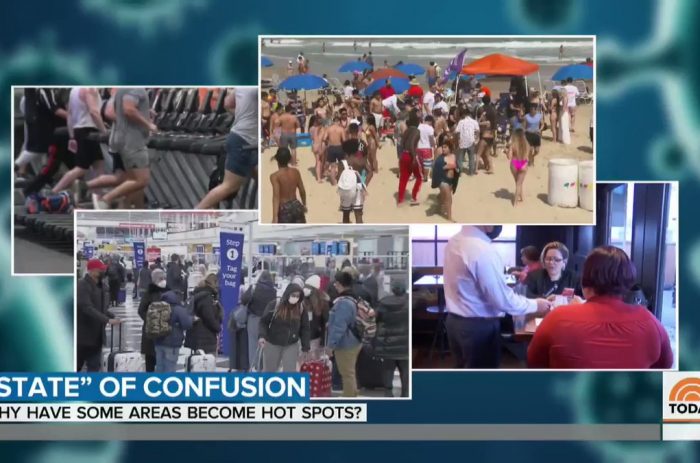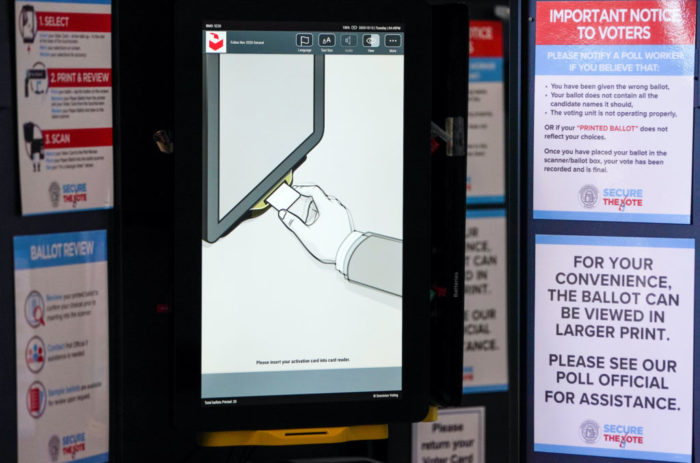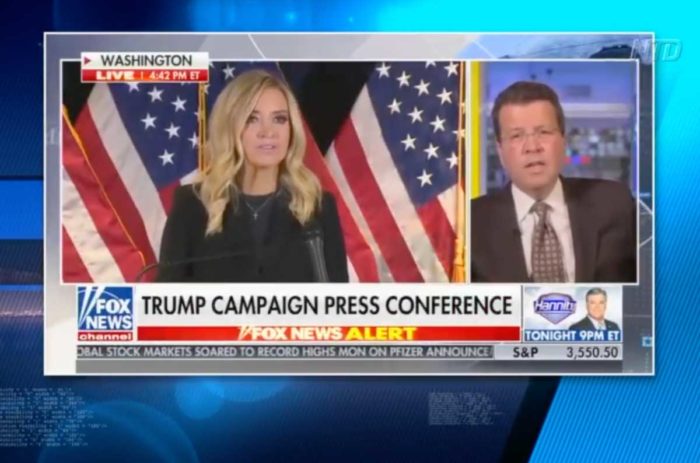redo Jump to...
print Print...
Directions
-Read the excerpt below from the "Best of the Web" post by OpinionJournal.com's editor James Taranto.
-Read "Types of Media Bias" in the right column. Then answer the questions.
From a post by OpinionJournal.com’s editor James Taranto (original post date 2/25/13):
If you’re a reporter at the Washington Post and you aspire to write unsigned editorials, just send an email to the ombudsman. [*A news ombudsman is employed by a newspaper to receive and investigate complaints from newspaper readers (or listeners or viewers of radio and television stations) about accuracy, fairness, balance and good taste in news coverage. He or she recommends appropriate remedies or responses to correct or clarify news reports.]
That’s a lesson one might draw from yesterday’s extraordinary column by ombudsman Patrick Pexton, the veteran journalist who, according to the Post’s website, “represents readers who have concerns or complaints” about “accuracy, fairness, ethics and the newsgathering process.” One such reader wrote to both Pexton and a Post reporter to complain that the paper’s coverage of same-sex marriage gives “short shrift” to “the conservative, pro-family side of the argument.”
Pexton, who withholds the names of both the reader and the reporter “at their requests,” quotes the reporter’s response at length. The reporter writes: “The reason that legitimate media outlets routinely cover gays is because it is the civil rights issue of our time. Journalism, at its core, is about justice and fairness, and that’s the ‘view of the world’ that we espouse; therefore, journalists are going to cover the segment of society that is still not treated equally under the law.”
The reader wrote back: “The mission of journalism is not justice. Defining justice is a political matter, not journalistic. Journalism should be about accuracy and fairness.”
Whereupon the reporter dug in: “Should the media make room for racists, i.e. those people who believe that black people shouldn’t marry white people? Any story on African-Americans wouldn’t be wholly accurate without the opinion of a racist, right? Of course I have a bias. I have a bias toward fairness. The true conservative would have the same bias. The true conservative would want the government out of people’s bedrooms, and religion out of government.”
In addressing the disagreement, Pexton acknowledges his own bias on the subject and his incomprehension of opposing arguments:
Many Americans feel that allowing gay men and lesbians to marry diminishes the value of their heterosexual marriages. I don’t understand this. The lesbian couple down the street raising two kids or the two men across the hall in your condominium–how do those unions take anything away from the sanctity, fidelity or joy you take in your heterosexual marriage? Isn’t your marriage, at root, based on the love and commitment you have for your spouse, not what you think about the neighbors?
That’s a straw man. We’ve been following this debate for years, and we’ve never heard opponents claim that same-sex marriage would diminish or endanger their own marriages. Their arguments are based on morality, tradition, and worries about the effects on the institution of marriage, on society as a whole, and on the rights of individuals and institutions that adhere to the traditional view of marriage. The merits of those concerns are of course debatable, but Pexton is either obtuse or disingenuous in reducing them to a nonsensical appeal to self-interest.
Even so, the reporter’s self-righteous rant went too far for the ombudsman. Pexton concludes by agreeing with the reader that the Post “should do a better job of understanding and conveying to readers, with detachment and objectivity, the beliefs and the [concerns] of social conservatives.” Along the way he comes very close to conceding outright the paper’s liberal bias:
Because our profession lives and dies on the First Amendment–one of the libertarian cornerstones of the Constitution–most journalists have a problem with religionists telling people what they can and cannot do. We want to write words, read books, watch movies, listen to music, and have sex and babies pretty much when, where and how we choose.
That “libertarian” is quite a dodge. Most journalists are anything but libertarian in areas where that would mean siding against the left, such as guns, education, taxes, nonsexual health care and nonmedia corporate free speech. And as blogress Mollie Hemingway notes, Pexton’s disparagement of those who disagree with him as “religionists,” which means zealots, is invidious. Was Martin Luther King a religionist?
The anonymous reporter, however, goes far beyond bias, and even beyond bad faith–that is, beyond abusing his credibility as an “objective” reporter to further his cause. To judge by his emails to the reader, he has achieved a perfect Orwellian inversion. He has convinced himself that objectivity and bias (or at least his bias) are one and the same thing.
To accurately identify different types of bias, you should be aware of the issues of the day, and the liberal and conservative perspectives on each issue.
Types of Media Bias:Questions
[*A news ombudsman is employed by a newspaper to receive and investigate complaints from newspaper readers (or listeners or viewers of radio and television stations) about accuracy, fairness, balance and good taste in news coverage. He or she recommends appropriate remedies or responses to correct or clarify news reports.]
1. In his analysis of the Washington Post ombudsman’s analysis, Mr. Taranto asserts: “The reporter’s insistence on anonymity is telling. If he really believes that propagandizing for same-sex marriage constitutes good journalism, why wouldn’t he leap at the opportunity to express that view openly in the pages of the newspaper? There are two possible answers. One is cognitive dissonance: Upon further reflection, he realized that his view was illogical and would make him look foolish. The other is social pressure.”
Define propagandizing, cognitive dissonance and illogical. Do you agree with Mr. Taranto’s assertion about the reporter’s reason for not wanting his name to be publicized even though he says he is being objective? Explain your answer.
2. Mr. Taranto questions: “Why would the Post agree to grant one of its own reporters anonymity to ventilate views that make the paper’s own newsroom look like a den of bias and unprofessionalism?” Why do you think the Post would do so?
3. Mr. Taranto notes: “Surely Pexton’s spotlighting a particularly egregious example of journalistic bias at the Post doesn’t enhance the paper’s credibility,” and then goes on to explain that discussions are underway within The Post about abolishing the position of ombudsman, implying that perhaps Mr. Pexton is not happy about having the ombudsman’s position eliminated from the newspaper. What do you think about Mr. Pexton’s motive?
Scroll down to the bottom of the page for the answers.
Answers
1. Opinion question. Answers vary.
2. Opinion question. Answers vary.
3. Opinion question. Answers vary.



